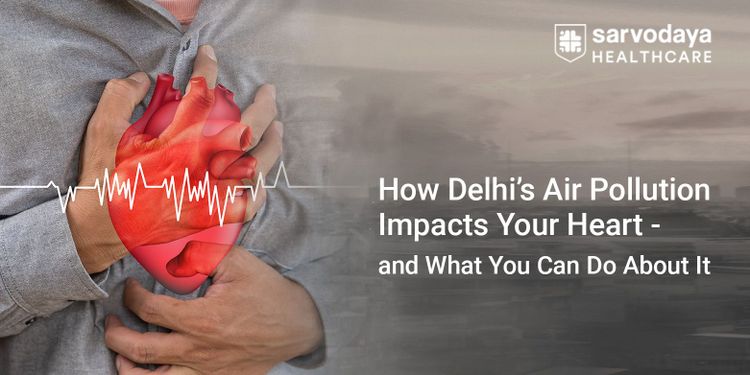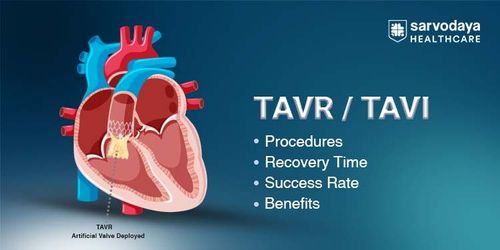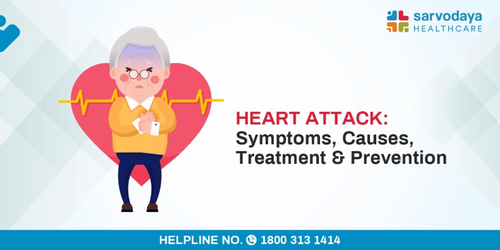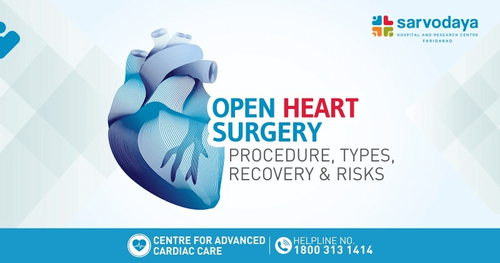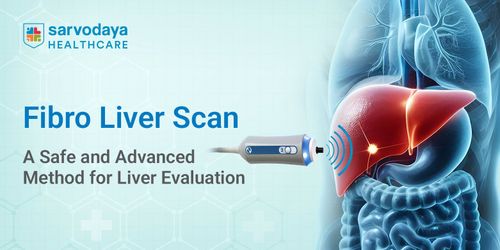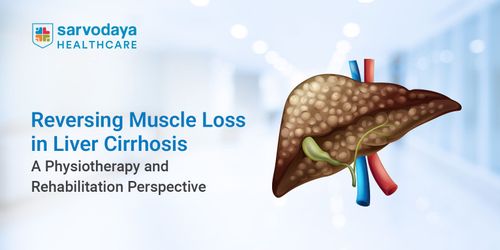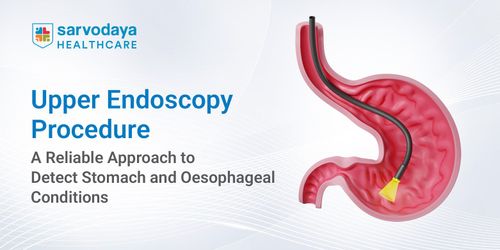Over the past decade, Delhi’s air quality and heart risk have become two inseparable issues, with research showing that the city’s persistent smog and fine particulate matter not only harm the lungs but also threaten cardiovascular well-being. Exposure to polluted air has been linked to higher rates of heart disease, strokes, and increased hospitalisation during peak pollution months.
In this blog, we explore the growing connection between air pollution and heart disease and what every Delhiite can do to protect themselves during the pollution season.
How Pollution Affects the Heart
While air pollution is often viewed as a respiratory problem, it has far-reaching effects on the cardiovascular system.
The impact of pollution on the heart can be understood through these key mechanisms:
- Increased Blood Pressure: Exposure to fine particles leads to the constriction of blood vessels, causing higher blood pressure. This explains the strong correlation between pollution and blood pressure, especially during Delhi’s smog-filled winters.
- Inflammation of Arteries: The continuous inhalation of toxic air increases inflammation in the arteries, making them prone to blockage and plaque buildup.
- Reduced Oxygen Supply: Polluted air often contains carbon monoxide, which binds to haemoglobin, reducing oxygen delivery to the heart and other organs.
- Heart Rhythm Disturbances: Certain pollutants can affect electrical signalling in the heart, leading to irregular heartbeats or arrhythmias.
- Increased Risk of Clot Formation: Pollutants increase blood stickiness, raising the likelihood of clot formation and the risk of a heart attack.
The Hidden Dangers of Delhi Air
According to several public health reports, Delhi air quality and heart risk are now closely associated, with hospital admissions for heart problems peaking during heavy smog periods.
Here are some reasons why Delhiites need to be extra cautious about heart problems due to pollution:
- Rise in Particulate Matter (PM2.5): Fine particles penetrate deep into the bloodstream, increasing the risk of plaque formation in arteries.
- High Nitrogen Dioxide Levels: This gas irritates airways and constricts blood vessels, impacting heart rhythm and blood pressure.
- Cold Weather Impact: The drop in temperature thickens blood and raises pollution and blood pressure risks, straining the heart.
- Prolonged Exposure Effects: Continuous exposure over years contributes to chronic heart diseases and increases the likelihood of cardiac events such as heart attacks and strokes.
Common Heart Symptoms During Pollution Exposure
When the air turns toxic, your heart may show warning signs that shouldn’t be ignored. Pollution exposure can mimic or aggravate symptoms of cardiovascular problems, making early recognition crucial. Many people often mistake these signs for general fatigue or seasonal weakness, which can delay diagnosis and increase risk.
Here are some of the most common symptoms to watch out for during the pollution season:
- Persistent chest pain occurs in winter, especially after exertion or exposure to outdoor air.
- Shortness of breath or breathlessness even during mild physical activity.
- Fatigue, dizziness, or unusual weakness.
- Palpitations or irregular heartbeat.
- Swelling in the feet or ankles caused by fluid retention.
- Tightness or heaviness in the chest that worsens when air quality levels drop.
If you experience any of these symptoms, it’s essential to consult a cardiologist in Delhi NCR without delay.
Read More - Air Pollution and Lungs: Protecting Your Family from Breathing Problems in Delhi’s Winter Smog
Heart Health Tips During Pollution
The good news is that with a few lifestyle adjustments, you can protect your heart even during Delhi’s worst pollution days.
Here are some practical heart health tips during pollution that every Delhiite should follow:
- Monitor the Air Quality Index (AQI): Check daily AQI levels and limit outdoor activities when pollution levels are high.
- Use Masks and Air Purifiers: A good-quality N95 or N99 mask can filter harmful particles. Install air purifiers at home for clean indoor air.
- Stay Indoors During Peak Hours: Avoid morning and evening outdoor walks when smog is thickest.
- Eat a Heart-Healthy Diet: Include foods rich in antioxidants like berries, leafy greens, and nuts. They help counteract oxidative stress caused by pollutants.
- Stay Hydrated: Water helps flush toxins from the body and keeps blood circulation smooth.
- Exercise Safely: Choose indoor workouts such as yoga or light cardio instead of outdoor running when the AQI is poor.
- Avoid Smoking: Combined exposure to cigarette smoke and polluted air drastically increases cardiovascular risk.
- Regular Medical Checks: Schedule preventive heart checkup packages at trusted hospitals to monitor blood pressure, cholesterol, and other heart health parameters.
If you experience persistent chest discomfort or breathlessness, seek immediate advice from a cardiologist in Delhi NCR for proper assessment and treatment.
The Role of Preventive Heart Care in Winter
Preventive heart care in winter becomes essential to reduce the risk of heart attacks and other cardiac events.
Here are the key aspects of effective preventive heart care in winter:
- Regular Screenings: Routine ECGs, cholesterol checks, and stress tests help detect problems early.
- Lifestyle Adjustments: A healthy diet, regular exercise, and proper sleep support heart function.
- Medication Management: Those already on heart medicines should adhere strictly to their treatment plans during pollution-heavy months.
- Temperature Regulation: Dress warmly and avoid sudden temperature changes to prevent blood pressure spikes.
- Timely Consultation: Consulting a cardiologist in Delhi NCR or visiting the best heart hospital in Delhi NCR ensures expert evaluation and timely care.
Conclusion
As Delhi battles its annual smog crisis, it’s vital to recognise that pollution doesn’t just cloud the skies; it affects the heart in profound and long-lasting ways. Avoiding exposure, maintaining a healthy lifestyle, and seeking timely medical advice are essential in combating how pollution affects the heart.
At the heart of this effort, Sarvodaya Hospital, Faridabad, stands as one of the best heart hospitals in Faridabad, India, providing exceptional cardiac care supported by advanced technology and a team of experienced cardiologists. The hospital offers comprehensive preventive heart checkup packages, ensuring early detection and effective management of conditions linked to poor air quality.
Prioritise your heart, consult a specialist, and book an appointment now at Sarvodaya Hospital, Faridabad, to receive expert guidance and treatment for a healthier, stronger future.


